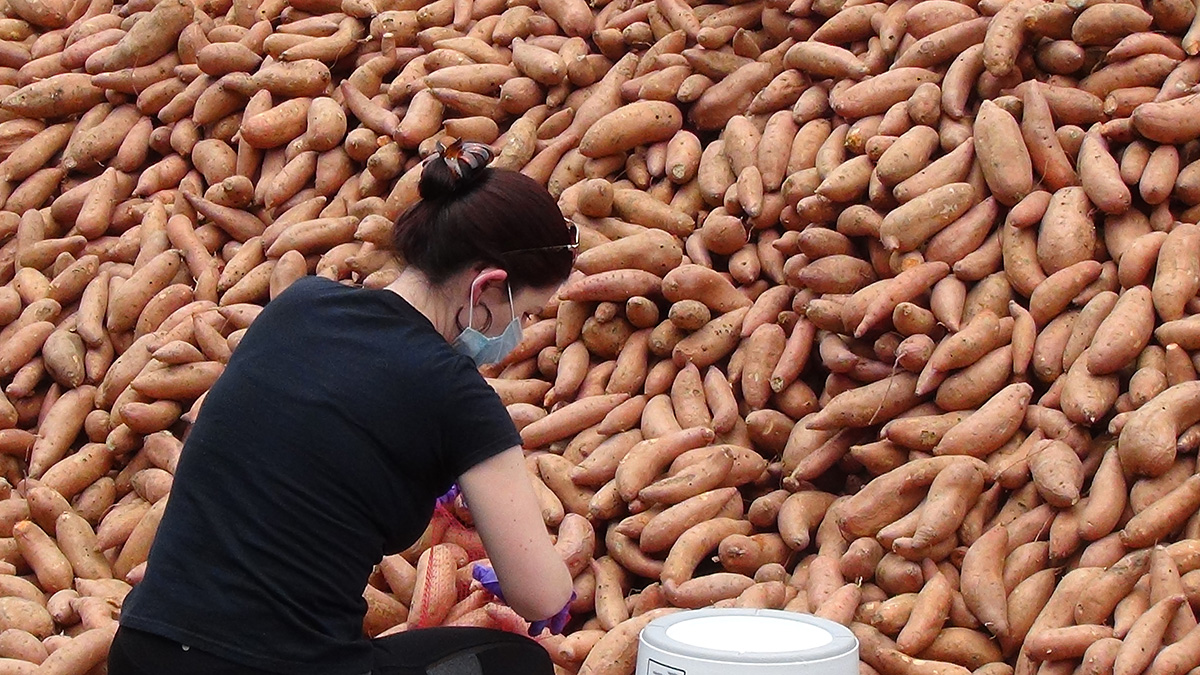The World Food Program reported in April that the number of people facing acute food insecurity could rise to 265 million in 2020 as a result of the economic impact of COVID-19, nearly double the number in 2019.
Food-related ministries, a mainstay of United Methodist mission work, have provided a way for the church to respond to the pandemic, even when pews remained empty and other programs were shuttered during the crisis.
UM News is providing special coverage of this challenge and the church's response to it. Read all stories here.

